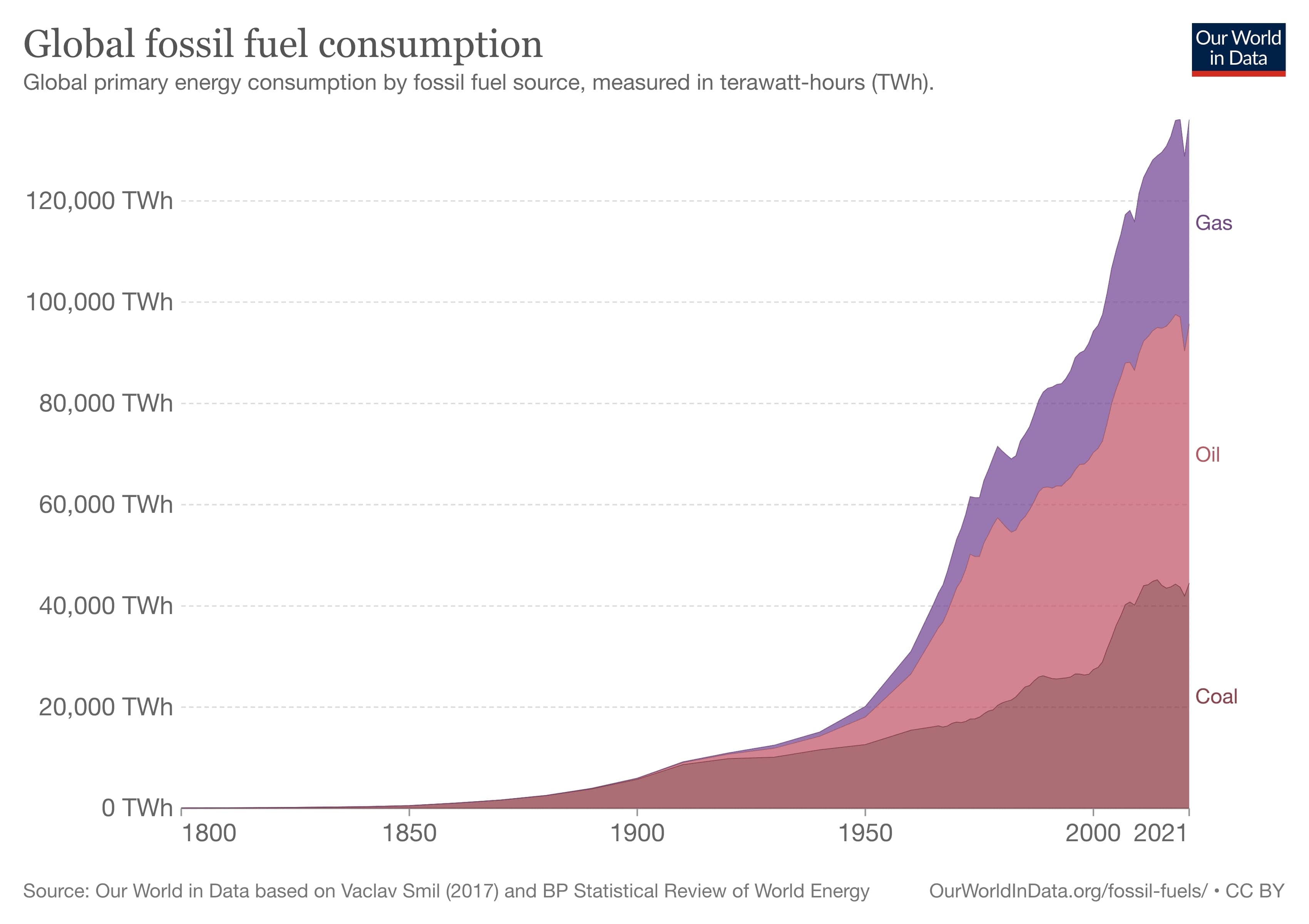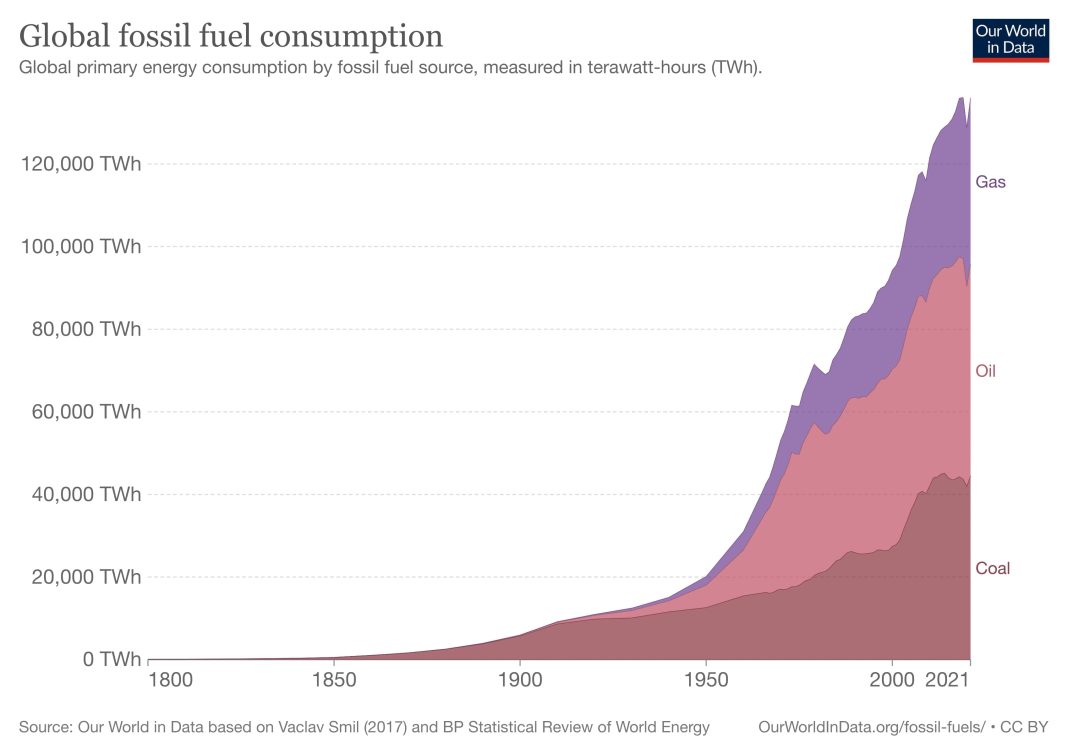 Social Security Trust Fund’s Depletion Delayed to 2035, but Concerns Remain
Social Security Trust Fund’s Depletion Delayed to 2035, but Concerns Remain
The Social Security system’s main trust fund is projected to become “depleted” in 2035, according to a recent report by the Social Security Board of Trustees. This estimate is one year later than the previous projection, signaling a slight improvement in the fund’s solvency. However, there are still concerns about the long-term sustainability of the fund.
The Treasury Department attributes the improvement in the fund’s finances to an upward revision in labor productivity and a lower assumed rate of workers going on long-term disability. These factors, combined with stronger economic growth, have contributed to the delay in the fund’s depletion date. Martin O’Malley, commissioner of Social Security, acknowledges the positive news but emphasizes the need for congressional action to ensure the fund’s health and eliminate the potential shortfall.
When the trust fund runs dry, Social Security will only be able to pay out 83 percent of scheduled benefits. To address this shortfall, Congress could consider increasing revenue, reducing benefits, or a combination of both. A recent Republican task force proposal suggests raising the retirement age to account for increases in life expectancy while reducing auxiliary benefits for high-income earners.
It’s worth noting that these estimates are subject to revision in each annual report based on economic performance and contributions to Social Security. The latest report also reveals a five-year pushback in Medicare’s go-broke date for its hospital insurance trust fund. This positive development is attributed to higher payroll tax income and lower-than-projected expenses from the previous year.
In response to the report, President Joe Biden proposes raising taxes on wealthier Americans as a means to extend the solvency of the Social Security fund. He emphasizes his commitment to ensuring the fund’s health without cutting benefits or privatizing Social Security.
Democrats have also introduced a plan called the Social Security Expansion Act, which aims to bolster the fund’s finances by increasing payroll taxes on the highest earners. This plan suggests applying the payroll tax on all income above $250,000 per year. However, critics, such as the conservative think tank, the Heritage Foundation, argue that this proposal would impose a significant economic burden and cause “significant economic damage.”
On the other hand, some Republicans propose adjustments to entitlement eligibility criteria and even privatizing parts of Social Security. The GOP task force suggests identifying a portion of social security payments that could go into a private account. Supporters argue that this offers a practical solution, while opponents express concerns about subjecting tax dollars to high-risk investments like stocks.
In March, the Republican Study Committee released a proposal to reform Social Security and avoid its impending insolvency. The proposal suggests a combination of slight changes to the primary insurance amount formula, a “modest adjustment” to retirement age, and limiting and phasing out auxiliary benefits for high-income earners. The blueprint emphasizes that these changes would not affect current or near-retirement seniors.
While the GOP task force explores various solutions, it also highlights the importance of pro-growth tax reform, energy policies, work requirements, and regulatory reforms to increase payroll tax revenues and promote trust fund solvency.
The White House has criticized the Republican proposal, claiming that it would cut Social Security and provide more tax cuts to the wealthy. It is clear that finding a sustainable solution to ensure the long-term viability of the Social Security fund remains a contentious issue that requires careful consideration and bipartisan cooperation.


